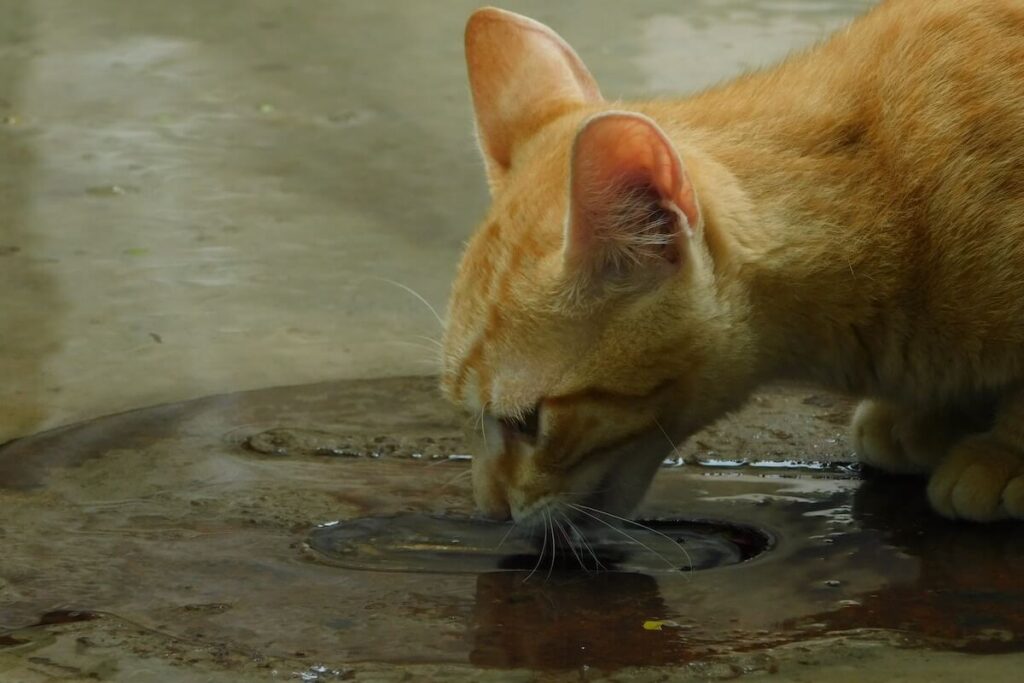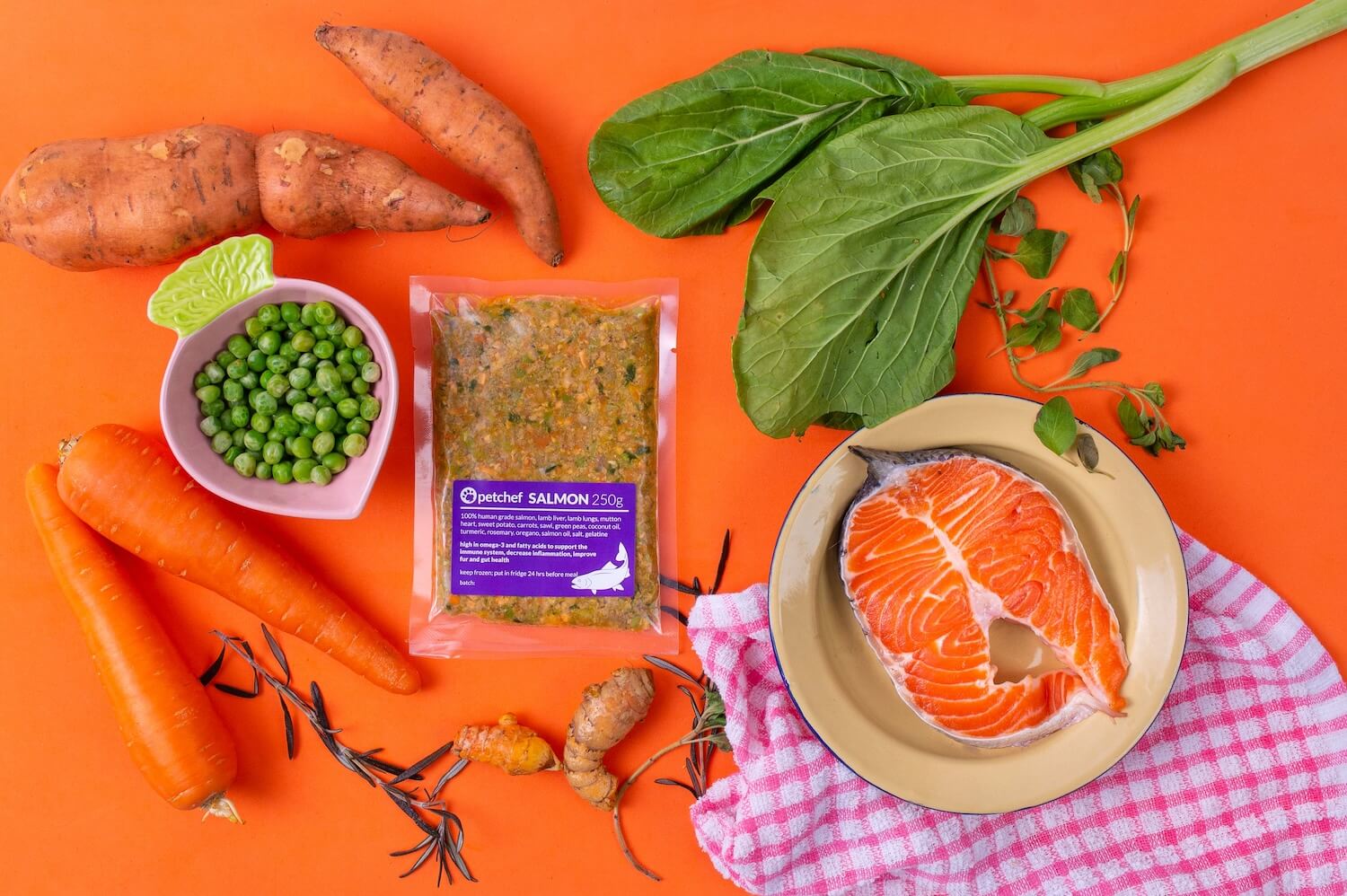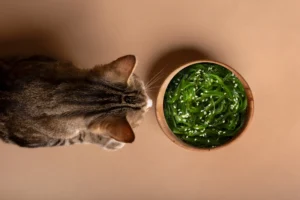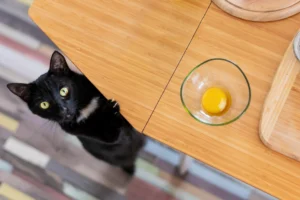About Cat Nutrition And Proper Dietary Needs
Cat nutrition can be a complex puzzle, but it’s one you must solve to ensure your cat’s health and happiness. This article goes beyond the glossy ads and marketing claims to uncover the essential truths about what your cat should eat. Let’s explore feline dietary needs, debunk myths, and learn how to make informed decisions in the world of cat nutrition.

What Your Cat Needs And How to Provide It
Cats are known for their selective tastes, but when it comes to their health, proper nutrition is non-negotiable. As a responsible cat owner, understanding the ins and outs of cat nutrition is essential for ensuring your furry friend enjoys a long and healthy life. In this comprehensive guide, we’ll delve deep into cat nutrition, uncovering the critical dietary needs of cats, debunking common myths, and helping you steer clear of pitfalls.
Cats are obligate carnivores, which means their primary nutritional requirement is protein. They are natural hunters and thus require high-quality protein sources for their well-being.
Getting High Quality Protein For a House Cat
1. Commercial Cat Food:
Commercial cat food formulated specifically for cats is the most convenient way to meet their protein requirements. Look for cat food that lists a high-quality animal protein source as the first ingredient, such as chicken, turkey, beef, or fish. Wet cat food typically has much higher protein content than dry kibble.
2. Protein-Rich Cat Treats:
Offering protein-rich cat treats occasionally can be a tasty and protein-packed addition to your cat’s diet. These treats are often made with real meat and can be used for training or as an occasional reward. Choose pure-meat cat treats for the best results.
3. Home-Cooked Meals:
Some cat owners choose to prepare home-cooked meals for their cats. If you decide to go this route, consult with a veterinarian or a feline nutritionist to ensure the meals meet your cat’s protein and nutrient requirements. Home-cooked meals should include lean meats like chicken, beef or turkey and should be properly balanced. For example, at Petchef we make sure our cat food recipes are made of at least 70% high quality meat!
4. Supplemental Protein Sources:
If you feed your cat a homemade or raw diet, you may need to supplement their diet with additional protein sources such as taurine, an essential amino acid vital for cat health. Consult your vet or get in touch (WhatsApp) with our in-house vet nurse for advice about such supplements.
5. (IMPORTANT) Avoid Plant-Based Proteins:
Cats are not well-equipped to digest plant-based proteins like those found in grains or vegetables. While some commercial cat foods contain plant-based proteins, it’s best to prioritize animal-based protein sources.
Additional dietary needs as part of proper cat nutrition
In addition to protein, cats require a balanced intake of fats, vitamins, and minerals. These are essential nutrients in your cat’s overall health. And while most of the above food options contain a balanced intake of these, here’s a few tips to maximize your cat’s nutrition:
Variety in the Diet: While high-protein cat food is essential, it’s also beneficial to provide variety in your cat’s diet. Different protein sources can offer a wider range of nutrients. Consider rotating between different protein-rich foods like chicken, turkey, fish, and beef.
Avoid Overcooking: Overcooking or processing cat food at high temperatures can lead to the loss of some vitamins and minerals. Opt for cat foods that are minimally processed to retain more of the natural nutrients.
Observe Your Cat: Pay attention to your cat’s overall health, behavior, and appearance. Signs of nutritional deficiencies or imbalances may include changes in coat quality, weight loss, lethargy, or digestive issues. If you notice any concerning symptoms, consult with our in-house vet nurse or your veterinarian.
Don’t forget about hydration
Remember to provide clean, fresh water at all times, as adequate hydration is essential to support your cat’s healthy diet. Not all cats will go for a water bowl instinctively. In the wild, most of their hydration needs are met from the water content of the meat they hunt.
Being indoor cats these days, you should pay attention to teach them from an early age to drink properly, especially if you feed them more dry food than wet cat food.
Did this help?
We’re a small but very passionate team of pet lovers who started a business to help extend the life and health of cats. We cook healthy cat food made of meat and veggies and nothing else!
If you want to improve your cat’s health, fur shine, energy and overall health level, try feeding them Petchef for a month and you’ll be pleasantly surprised by the results.











